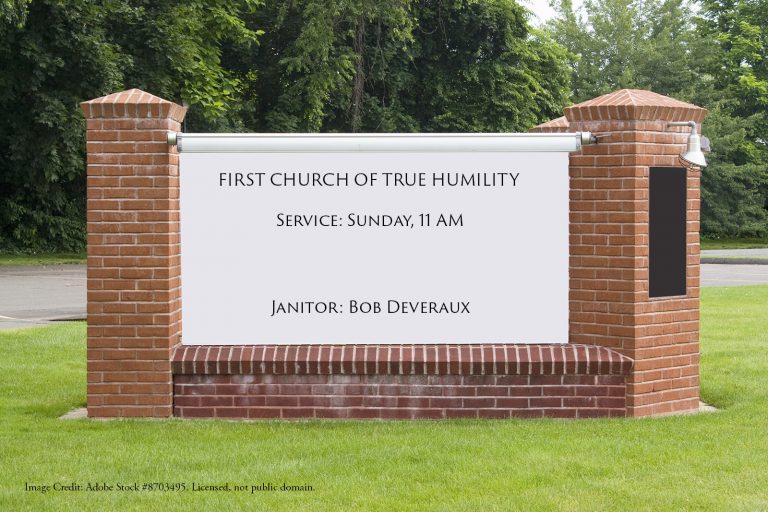Belshazzar Plays Pretend
Read the story of Belshazzar’s feast in Daniel 5.
The stories of the book of Daniel all have something to do with worship. Often we read them as unconnected stories about Daniel and his friends, but they have a common theme. Daniel 1 shows us the faithfulness of Daniel and his friends to their God, and their God alone and the rewards. Chapter 2 shows not just God’s control of knowledge in interpreting the dream, but his control of history and the fate of nations. Chapter 3 shows God triumphant over idolatry and the king’s order to worship other gods. At the same time Nebuchadnezzar’s attempt to pretend that he would rule forever (he was the golden head in chapter 2, but he tries to be the whole image in chapter 3) is defeated. Chapter 4 shows Nebuchadnezzar humbled and finally acknowledging God as ruler.
This was all history surely known to Belshazzar as he arranges his feast. The story is told in chapter 5. For many years scholars thought that Belshazzar was a fictional character because he was unknown outside the book of Daniel and literature that depended on it. But eventually records were found of his existence, and it turns out that Belshazzar was not a king. He was a regent appointed by his father Nabonidus who was elsewhere doing some fairly odd things. Belshazzar also must have known that the Persian armies were invading his country, and unless he was particularly unobservant, he must have known the enemy army was approaching the city of Babylon itself.
So what did he do? Make preparations to defend the city? Call a meeting of high officials to plan? Pray? Put his trust in the God Nebuchadnezzar had learned to respect?
None of the above! Belshazzar decided to pretend. He called a party. He brought in the temple vessels that had been dedicated to God and brought by Nebuchadnezzar to Babylon and ate and drank from them. He behaved like he was a powerful king with nothing to worry about, and as though he had no need to behave respectfully toward any gods, much less worship them. He even had to pretend that he was from a more important family. Though Daniel 5 calls Nebuchadnezzar his father (verse 2), that actually wasn’t the case. It is most likely that Nabonidus, a usurper and Belshazzar’s actual father, claimed that title in order to make himself seem to be the true successor.
And what was the result? God intervened to show that he saw through the pretense, and that Belshazzar’s time was up. When confronted with the real power of God he was terrified and his face was changed. He could no longer pretend.
Can any of this apply to us?
For several years here in Pensacola we experience the Brownsville Revival. People, especially pastors, came from all over the country to see what was going on at Brownsville Assembly of God. Often they were tired of the day to day dreariness of their home churches, of declining memberships, and a sense of futility. They came and they watched a church filled with excitement and energy, where people actually wanted to be.
Some of those pastors and church leaders went home and decided that they wanted their churches to be just like Brownsville. So they tried to do all the same things, use the same phrases, plan the same activities. Like Belshazzar, they figured if they claimed a great king as father, drank out of the right vessels, and put on the right show, God would show up. But a show is just a show. The one and only way to have God’s presence was to do God’s will. No amount of pretense would do. Pastors who went home and sought God’s will for their own church, who prayed and studied and carried out their plans wisely had success. Those who pretended failed. Like Belshazzar, they were holding a party on the edge of destruction.
Our own lives are much the same. We can claim to be spiritual people. We can claim to pray and to seek God. We can claim knowledge we don’t have, or skills we cannot back up. We can dress up and show up and play pretend. But the only thing that will hold up is actual character, and that is developed by honestly facing trials and overcoming obstacles.
Are you developing that type of character today?
